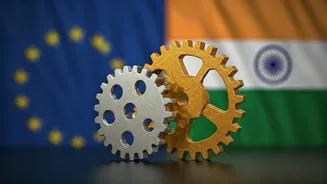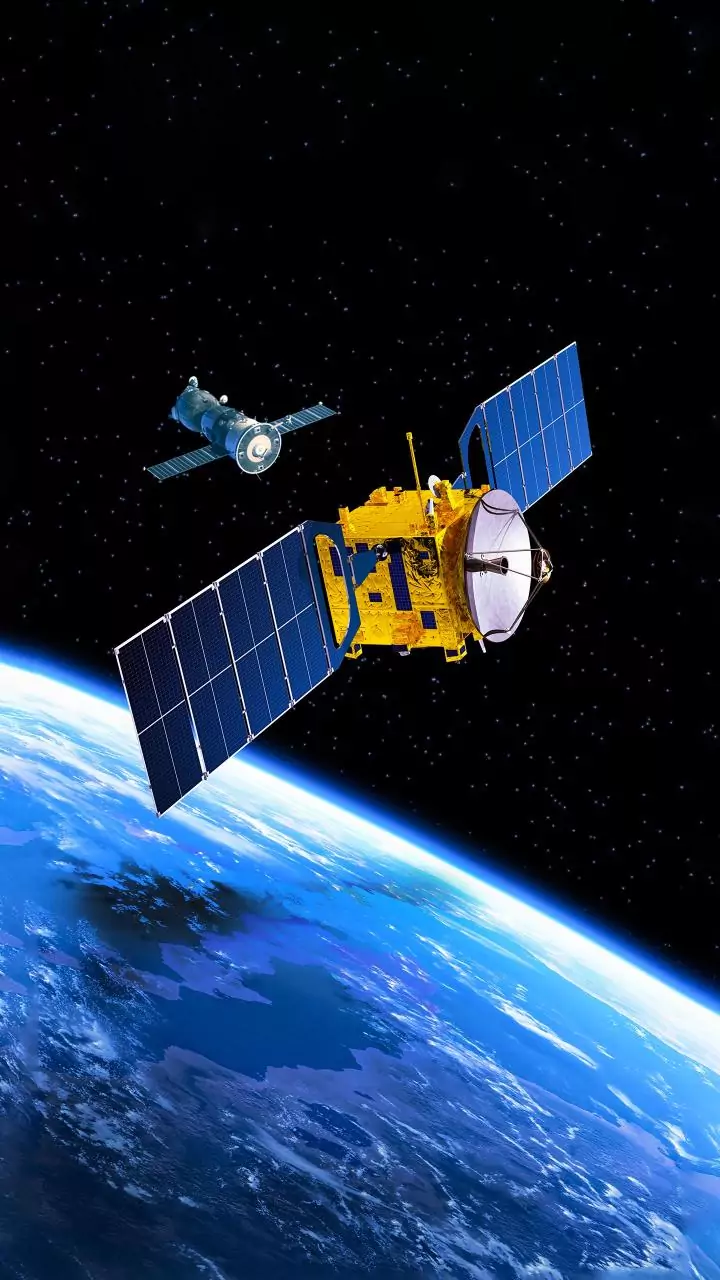FTA Talks Take Off
The initiation of talks between India and the European Union represents a crucial step towards finalizing the long-awaited Free Trade Agreement (FTA).
The discussions are intended to resolve the remaining contentious issues that have previously stalled progress. The FTA aims to boost trade and investment between India and the EU. Resolving these challenges would open up new avenues for economic growth and create opportunities for businesses on both sides. This phase of negotiations signals a renewed commitment to strengthening economic ties, indicating a collaborative approach to overcome obstacles and forge a mutually beneficial trade partnership. The focus is on finding common ground and fostering a business-friendly environment that facilitates the flow of goods and services.
Key Issues at Stake
Several pivotal issues form the core of the current FTA discussions between India and the EU. These include market access, tariffs, and non-tariff barriers that impede smooth trade operations. Furthermore, the discussions involve intellectual property rights, sustainable development, and other trade-related aspects that are crucial for a comprehensive agreement. The EU is looking to ease restrictions on several products to gain better market access, while India focuses on its concerns around labor standards and environmental regulations. Moreover, negotiations also cover rules of origin, which help ascertain where a product comes from, thereby deciding tariffs and trade. Resolving these issues is imperative for creating a fair and balanced trade deal that serves the interests of both parties. Successfully addressing these complexities ensures a robust and sustainable trade partnership, paving the way for economic growth and cooperation.
Economic Benefits Overview
The conclusion of a successful FTA between India and the EU would deliver several economic advantages to both parties. For India, the agreement could lead to an increase in exports, particularly in sectors such as pharmaceuticals, textiles, and agricultural products. This could subsequently boost domestic production and create more jobs. The EU would benefit from improved access to the expansive Indian market, thus increasing investment prospects and providing new business opportunities for European companies. A trade agreement would reduce tariffs and eliminate non-tariff barriers. The reduction in trade barriers promotes increased trade volumes, which fosters competition and creates a favorable atmosphere for economic growth. Moreover, the FTA is expected to catalyze further investment, thereby stimulating innovation and promoting sustainable development. This comprehensive economic benefit makes the agreement a strategic priority for both India and the EU.
Negotiation Dynamics Explained
The current negotiations between India and the EU follow a strategic roadmap, with both sides keen on ensuring mutual benefits. Discussions are taking place at various levels, involving multiple sectors and experts. The EU is known for its strong focus on sustainability, labor standards, and adherence to environmental rules. Meanwhile, India's negotiating team is focused on protecting its industries and securing optimal market access. These discussions also feature intense exchanges on various clauses of the agreement to align the positions. The negotiation process requires flexibility, commitment, and a willingness to find common ground. The aim is to create a well-balanced agreement that addresses trade concerns and also contributes to the welfare of both economies. The engagement involves a combination of bilateral meetings, sector-specific discussions, and technical exchanges, thereby ensuring that all areas are extensively covered.
Future Outlook Considered
The future of India-EU trade relations is promising, subject to the successful conclusion of the FTA negotiations. Achieving an agreement would usher in a new era of economic partnership, encouraging trade, investment, and collaboration. The agreement’s impact will be far-reaching, influencing sectors ranging from manufacturing to services, and boosting sustainable development. However, the path ahead might be challenging, necessitating ongoing dialogue and compromise. Both sides must demonstrate resilience and determination in resolving outstanding issues. Ultimately, a successful FTA would contribute to global economic stability and enhance both India's and the EU's positions in the international trade arena. Continuous efforts to foster trust and understanding are crucial to making a lasting trade alliance.




















